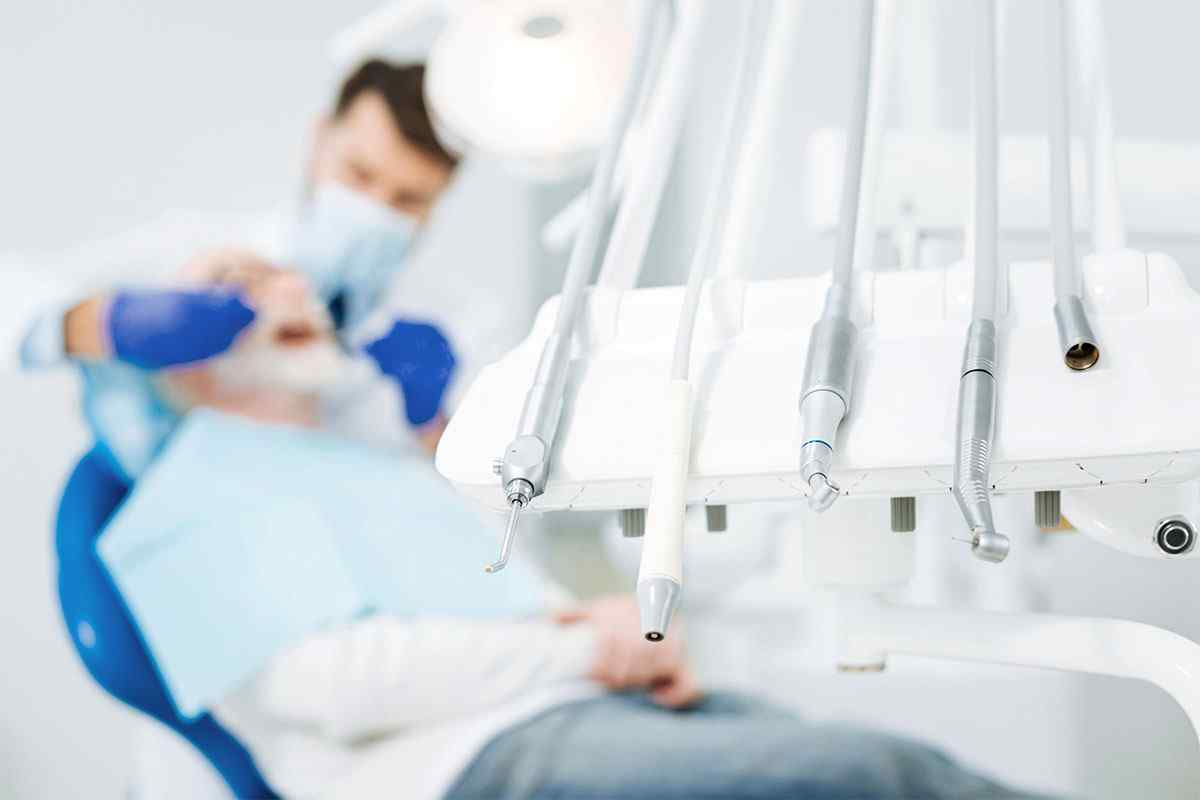Key Components of
Wellness Checks:
Physical Examination: Wellness checks typically begin with a thorough physical examination conducted by a healthcare professional. This may involve measuring vital signs such as blood pressure, heart rate, and temperature, as well as assessing overall physical health and functionality.
Health Screening: Screening tests may be included in wellness checks to detect potential health issues early on. These screenings can vary depending on factors such as age, gender, and medical history, but may include tests for conditions such as high cholesterol, diabetes, and certain cancers.
Lifestyle Assessment: Understanding the individual’s lifestyle habits is crucial in promoting wellness. During a wellness check, healthcare providers may inquire about factors such as diet, exercise, sleep patterns, stress levels, and substance use in order to identify areas for improvement and provide personalized recommendations.
Mental and Emotional Health Evaluation: Mental and emotional wellbeing are integral components of overall health. Wellness checks may include assessments for conditions such as depression, anxiety, and stress, as well as discussions about coping mechanisms, social support, and overall quality of life.
Preventive Interventions: Based on the findings of the assessment, healthcare providers may recommend preventive interventions to reduce the risk of future health problems. This may include lifestyle modifications, vaccinations, screenings, and referrals to specialists as needed.
Education and Counseling: Wellness checks provide an opportunity for education and counseling on various health-related topics. This may involve discussing topics such as nutrition, exercise, stress management, and smoking cessation, as well as providing resources and support to help individuals make positive changes in their lives.
Follow-Up and Monitoring: Wellness checks are not a one-time event but rather an ongoing process aimed at promoting long-term health and wellbeing. Follow-up appointments may be scheduled to monitor progress, adjust interventions as needed, and address any new health concerns that may arise.
In essence, wellness checks are comprehensive evaluations designed to empower individuals to take control of their health and make informed decisions that promote overall wellbeing. By addressing physical, mental, and emotional health in a holistic manner, wellness checks play a vital role in helping individuals lead healthier, happier lives.









